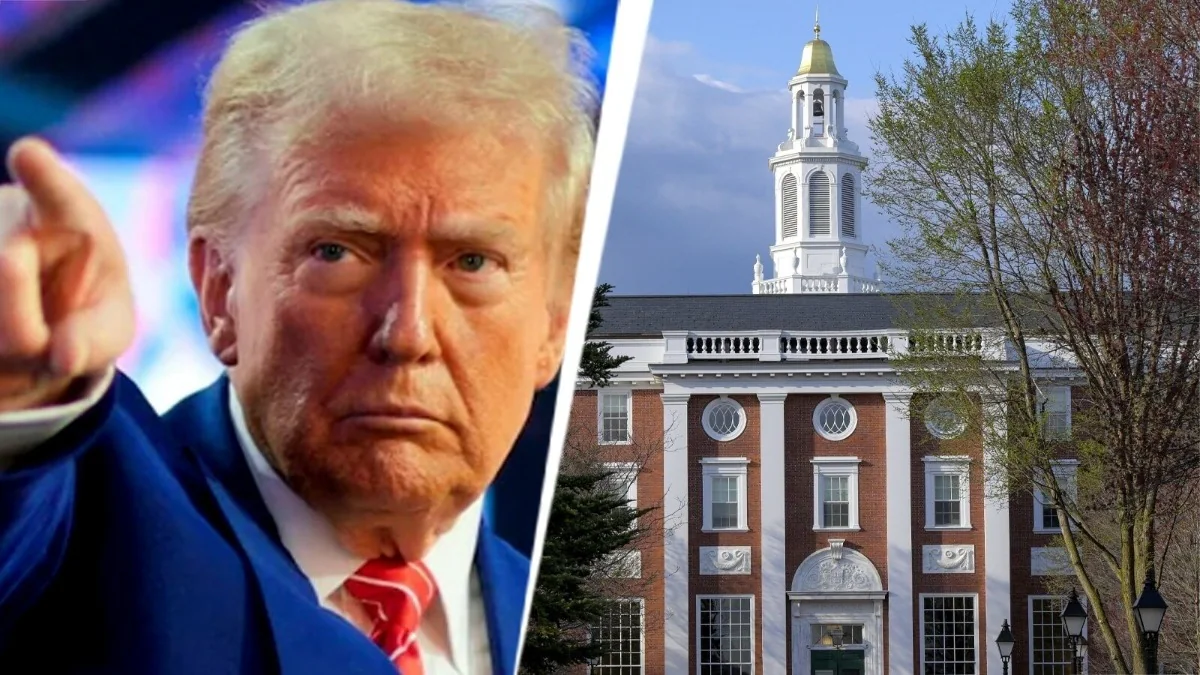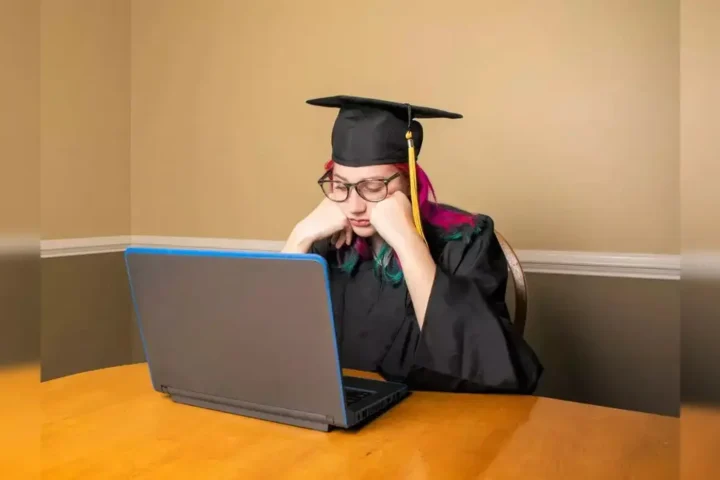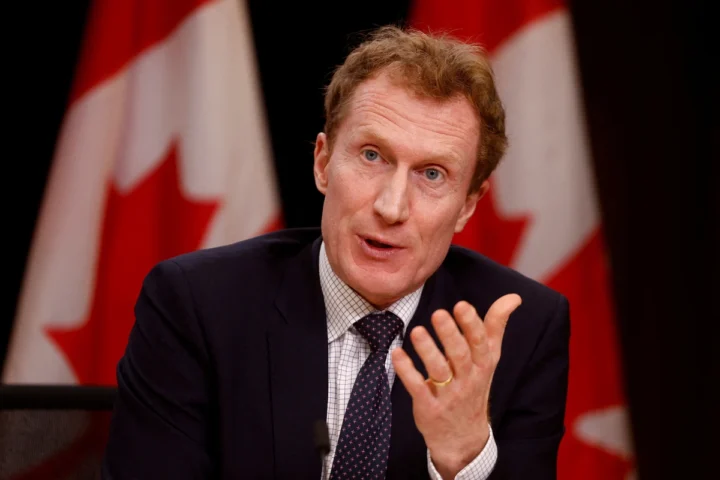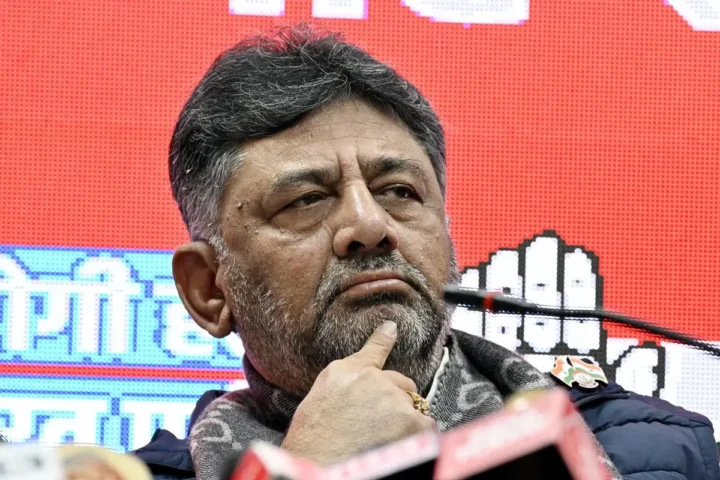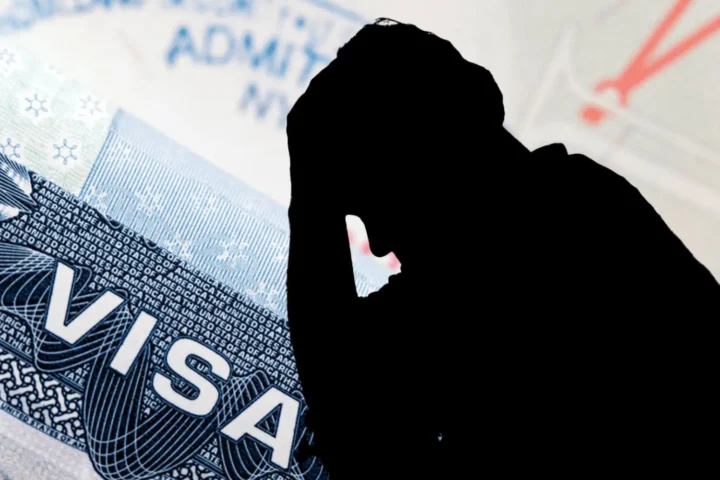The U.S. Department of Homeland Security (DHS) has revoked Harvard University’s SEVP certification, jeopardizing the legal status of thousands of international students, including hundreds from India. This decision could have a profound impact on Harvard’s global academic community.
What is SEVP Certification and Why Does It Matter?
The Student and Exchange Visitor Program (SEVP), run by the DHS, authorizes U.S. colleges and universities to enroll foreign nationals on F-1 and M-1 student visas. The certification allows institutions to issue Form I-20, which is required for students to maintain legal status in the U.S.
Without SEVP status:
- Harvard cannot host international students.
- It cannot issue or renew student visas.
- Students may lose legal residency status and face deportation if they don’t transfer.
Harvard currently has thousands of international students, including at least 788 from India, whose academic futures are now in jeopardy.
What Led to the Revocation?
The revocation comes shortly after Harvard reportedly partially complied with federal requests to provide details on international students participating in recent campus protests. While the DHS has not officially linked the decision to the protest data, university sources and legal experts suggest it may be a contributing factor.
In a statement, Harvard University called the revocation “unlawful”, and vowed to fight the decision through legal channels such as a temporary restraining order or injunction. However, such measures may offer only short-term protection for students.
What Happens to Students Now?
Students currently enrolled at Harvard are required to transfer to another SEVP-certified institution in order to legally remain in the United States. However, many U.S. universities closed transfer admissions in March, leaving students with limited immediate options.
Immigration attorney Bhuvanyaa Vijay, a Harvard Law School graduate, noted:
“There’s no clear deadline, but our office advises students to transfer within 15 days to be safe.”
Students involved in Optional Practical Training (OPT)—which allows international graduates to work in the U.S.—are especially vulnerable. For many of them, transferring is not a viable option, and their legal stay in the U.S. may be cut short.
While a federal judge in California recently blocked another DHS measure targeting foreign students, experts say it does not apply to Harvard’s case, which is considered an isolated enforcement action.
Interesting Read
Looking Ahead
If the SEVP status is not reinstated soon:
- Harvard may not be able to admit international students for upcoming semesters.
- Ongoing legal proceedings may delay clarity for weeks or even months.
- Students may be forced to defer, transfer, or exit the U.S. entirely.
Harvard officials say they are exploring all possible options to restore their certification and are working with legal teams to protect their international student body. Until then, uncertainty looms large.

